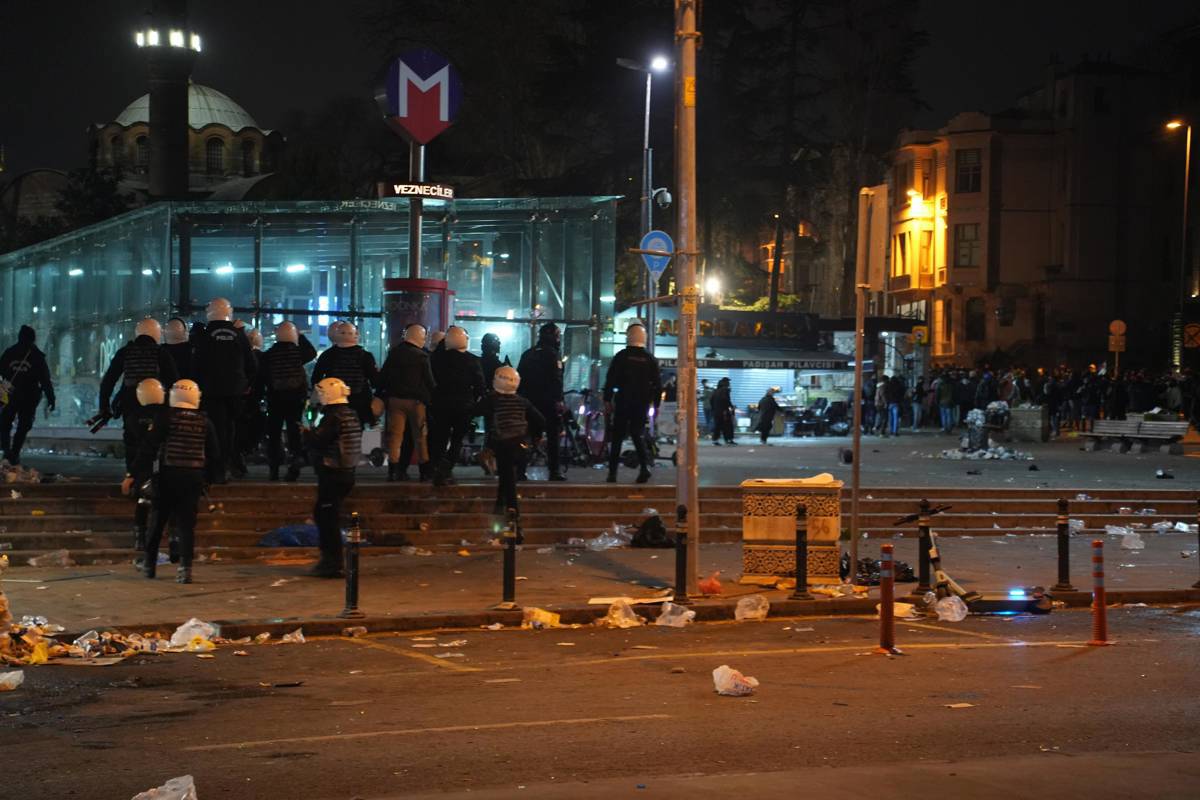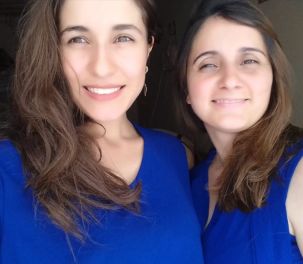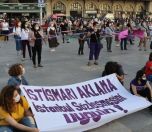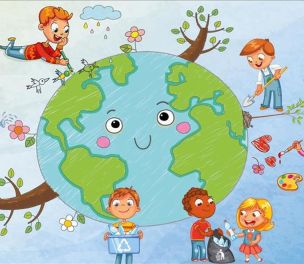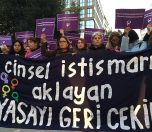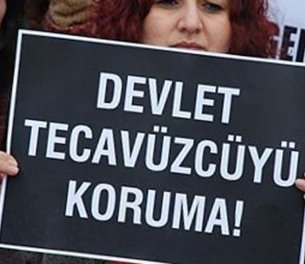PENNED BY EVRİM KEPENEK
The Voice of My Grandmother

* Photo: A screenshot from the documentary "The Voice of My Grandmother"
Click to read the article in Turkish
"I was a kid forced to grow up too early. Till the age of twelve, I played in the street. But after I turned twelve, our life in the street came to an end. I stepped to the class of grown girls, to adulthood... I stopped playing in the street. So, we began to be raised as house girls or housewives.
"Without taking my consent, they told me 'You are going to marry this guy.' Since I also knew the family well, I always thought 'how I keep living this life, I cannot turn back to my family; so, I must stand on my feet. If I have children in the future, I must protect and lead them.' From the age of 14 till the day I married, this was the only thing in my mind.
"A husband must be a mother, a father, a brother, someone to lean on. I have never leaned on my husband or put my head on his shoulders in this life. This is my biggest deficiency in this life.
"Marriage is a duty for me. God granted me four children. I had to raise them, I had to take care of them. I dedicated my whole life to my children. Back then, in the last four, five days of the month, there were times when I had no money for even taking a minibus. And I sewed for that reason.
"...and I really want to attend a school and have a job. For example, I can be a good teacher because I really love children. I can be a good psychologist since I like listening people. I listen to a lot of people.
"You see, we are doing the work of lots of different occupations. When the dishwasher washes the dishes, they call it dishwasher as an occupation. S/he gets money and has insurance. The woman is a dishwasher, a launderer, a cleaner, a cook, an ironer... What do you think about it? How many jobs we are doing in a single day, every day..."
The sentences that you read above are from a documentary by Barış Özcan, a senior student from Koç University Department of Media and Visual Arts. "The Voice of My Grandmother," the documentary is entitled.
Ayten Hatunoğlu, the maternal grandmother of Özcan, was made to marry the son of her maternal uncle, who was six years older than her. In fact, the boy also got married because the family elders decided so. So, just because a loved family elder said it in her last will, the son of a maternal uncle and the daughter of a paternal aunt got married without their consent.
CLICK - Watch the documentary (with English subtitles)
Hatunoğlu could not enjoy her childhood, she was married at a very early age, she could not stand up against it... In fact, these should have long been the things of the past in Turkey. Unfortunately, they are not...
The ones who forced 12-year-old girls like Ayten to marry years ago can now speak on the TV and defend child marriages, or rather, child abuse. They can expect that we should find it "normal".
As for the ones who refer to international conventions and the domestic law of Turkey and say that everyone who is under 18 is children and child marriage is a crime, they are blamed for being "troublemakers for family" or being "subversive" for the established order.
Figures
According to the Turkish Statistical Institute (TurkStat), 11,803 children gave birth in Turkey in 2018. Taken together with the 18-year-olds, the total number in the last 18 years nears 2 million. I made a detailed search on the website of the TurkStat, but could not reach the figures for 2019.
I asked it to Canan Güllü, the Chair of the Federation of Women Associations of Turkey. She told me that the figures for the last year might be shared in the upcoming months. There are three stages of adolescence in Turkey: Early Adolescence (10-15 years), Middle Adolescence (16-18 years) and Late Adolescence (18 and 20s).
"Religious marriages among the ones aged between 10 and 15 are now getting more and more prevalent in Turkey at a grave pace and it would be safe to say that the state is pioneering it," says Güllü and adds:
"Also, considering that a child gives birth at home, we all know that the figures that we have are not accurate. You must remember it... They tried to pass an article which would allow for identification based on declaration in marriage ceremonies performed by muftis. We also stood up against it."
Experts
Public Health Specialists Association (HASUDER) has announced that 700 million children are forced to marry around the world. The Association has also made a medical clarification as to the unsuitability of the child to married life both physiologically and psychologically.
Especially in the recent period, some groups in Turkey have been arguing in favor of early marriage of children, or more precisely, child abuse. In fact, it is also alleged that a legislative proposal to be brought into Parliamentary agenda after the Ramadan feast will pave the way for early marriages and the marriage of children with the men who abused them.
So, at this point, we need to note this: Turkey is a country which declared that it would struggle against child marriages.
This struggle falls within the scope of "establishing gender equality and empowerment of all women and girls." Conceptualized by the United Nations (UN) with the slogan "Leaving no one behind" till the year 2030, it is also Turkey's fifth Sustainable Development Goal followed by the Presidency of Turkey, Presidency of Strategy and Budget.
According to the belief of most people in Turkey, today is the Sugar Feast. Grandmothers are called to wish a happy feast, albeit from afar due to the novel coronavirus (Covid-19) outbreak.
So, this time, do something different if you call your grandmother in Turkey: Ask her how she got married. Who knows how many girls could not realize their dreams of becoming a teacher or a psychologist because they were forced to marry when they were still children...
***
Where is Gülistan Doku?
Among the ones who could not be with their loved ones on the Ramadan feast were also the women's rights defenders in Diyarbakır province. When this article was written, they were still in police custody.
CLICK - 12 People Arrested in Diyarbakır
Interrogated in detention, the women were asked questions about Gülistan Doku, who got missing in Turkey's eastern province of Dersim over 140 days ago and whose fate and whereabouts has been unknown since then. The women were asked, "Why do you say 'Where is Gülistan Doku?'"
The question itself is quite telling. Really... Where is Gülistan Doku? (EMK/SD)
Preliminary probe into police violence during İmamoğlu protests
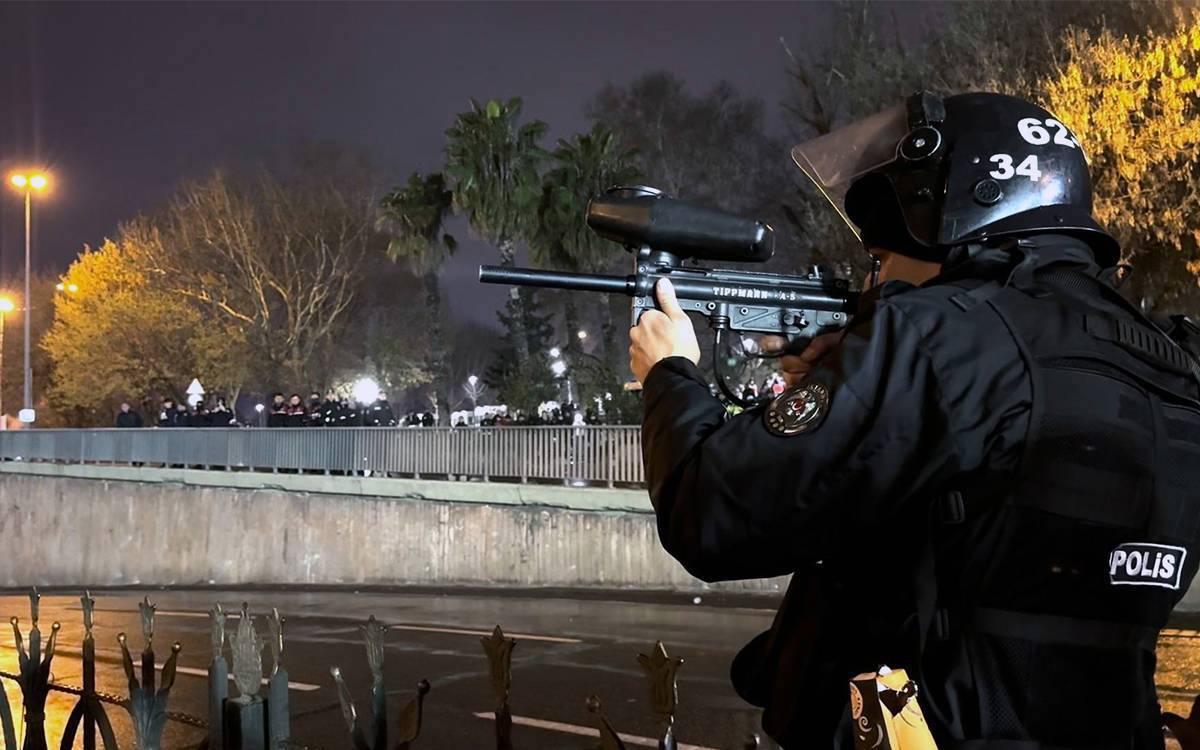
Astrologist released after two months in detention over social media post on Bahçeli’s health
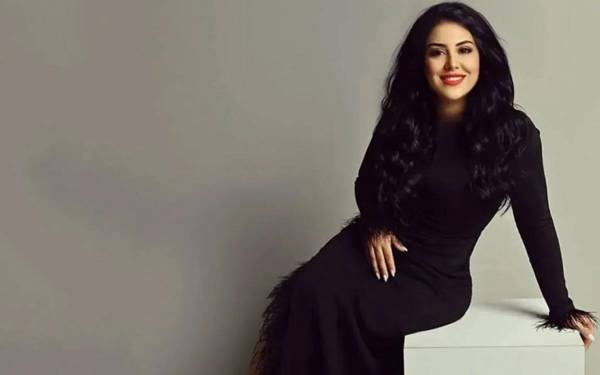
Over 100 youths released after mass arrests during İmamoğlu protests
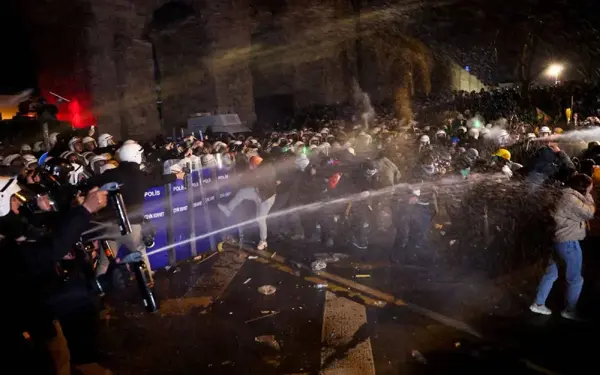
MALE VIOLENCE MONITORING REPORT MARCH 2025
Men killed 24 women in March
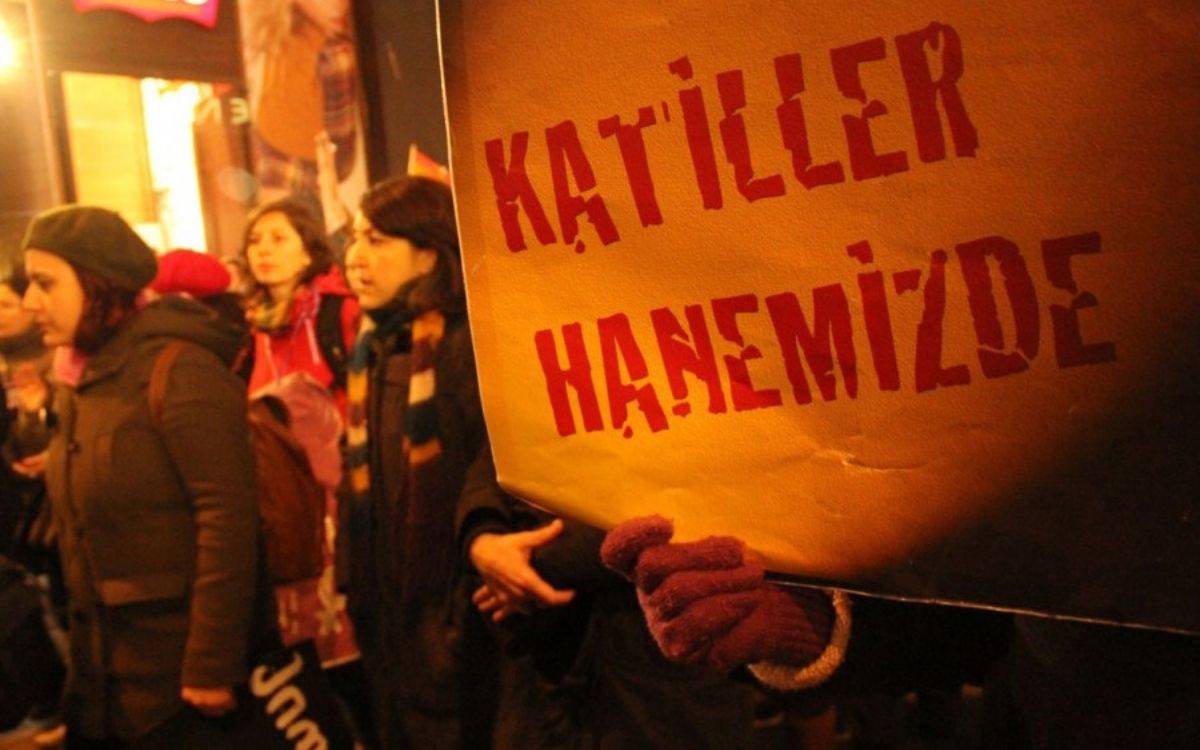
Woman alleges sexual harassment by police during İstanbul protest detention
